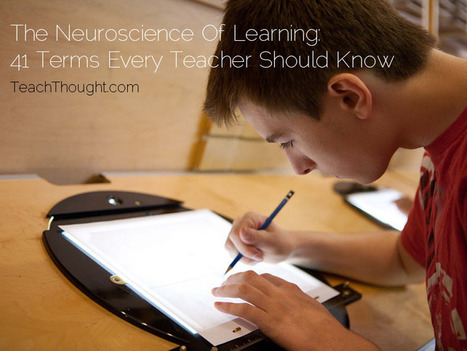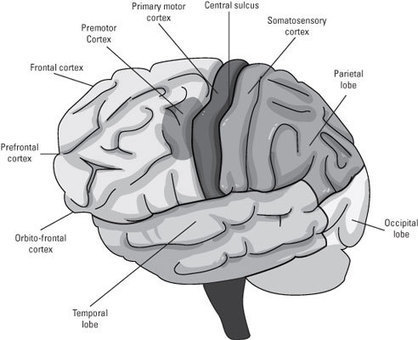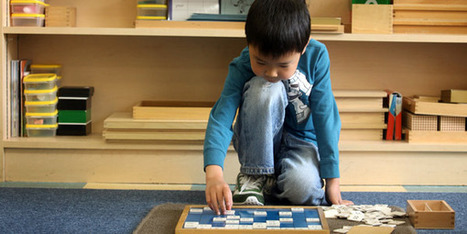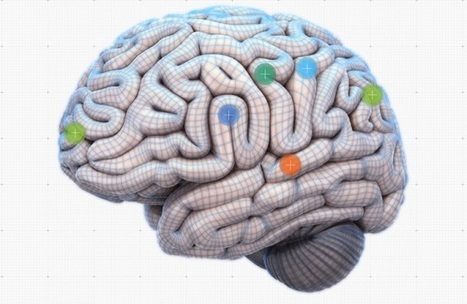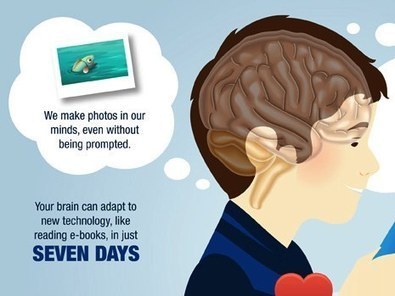Explore modern neuroscience with this huge resource of videos, animations and interactive 3D brain. Autism, ADHD, ALZHEIMER'S depression and cognitive disorders.
Get Started for FREE
Sign up with Facebook Sign up with X
I don't have a Facebook or a X account

 Your new post is loading... Your new post is loading...
 Your new post is loading... Your new post is loading...

Pamela D Lloyd's curator insight,
November 8, 2013 10:25 PM
This article is part of a larger, on-going effort to help connect teachers and other learning professionals with the neuroscience of learning. 
Moses B. Tambason's curator insight,
November 9, 2013 2:40 PM
More people are running to charity tube to post free videos and watch free videos than posting on you tube. Try posting at charity tube and you will never leave. http://www.africatube.net/ More visitors and more video views. Don't take our word for it, try it. Post one same video on youtube and put it on http://www.africatube.net/ and return ater five hours and compare the viewers rate and decide for yourself. Create your very own group or forum and control who watch it and invite everyone to watch the video. Above all, post video in English or in any language and viewers can watch video description in their own language. Try it and let us know your experience. Above all it is absolutely free like youtube |
Beth Dichter's curator insight,
November 25, 2013 9:48 PM
What does neurology tell us about education? This post looks at 25 discoveries over the last 25 years. Some may be new to you and remember this is a field that is changing rapidly. Below are a few of the discoveries that are covered. * Brain plasticity - "...the brain changes constantly as a result of learning, and remains ‘plastic’ throughout life." * "The brain’s response to reward is influenced by expectations and uncertainty." * "Learning involves both focused attention and peripheral attention." For more information on these discoveries and 22 additional click through to the post. You might want to check out the 3D interactive brain that explores learning strategies. It is located at http://www.opencolleges.edu.au/informed/learning-strategies/

Louise Robinson-Lay's curator insight,
October 13, 2013 5:24 AM
Your brain on books. We all know reading is good for you, here's yet more proof. 
Pamela D Lloyd's curator insight,
October 27, 2013 4:07 PM
Educators have long told us that reading expands our minds. Here are some of the specific ways in which they do so.

Philippe-Didier Gauthier's curator insight,
December 24, 2014 7:47 AM
#DémarchePortfolio #Apprenance : les grandes transformations des apprentissages sont déjà là.... |





